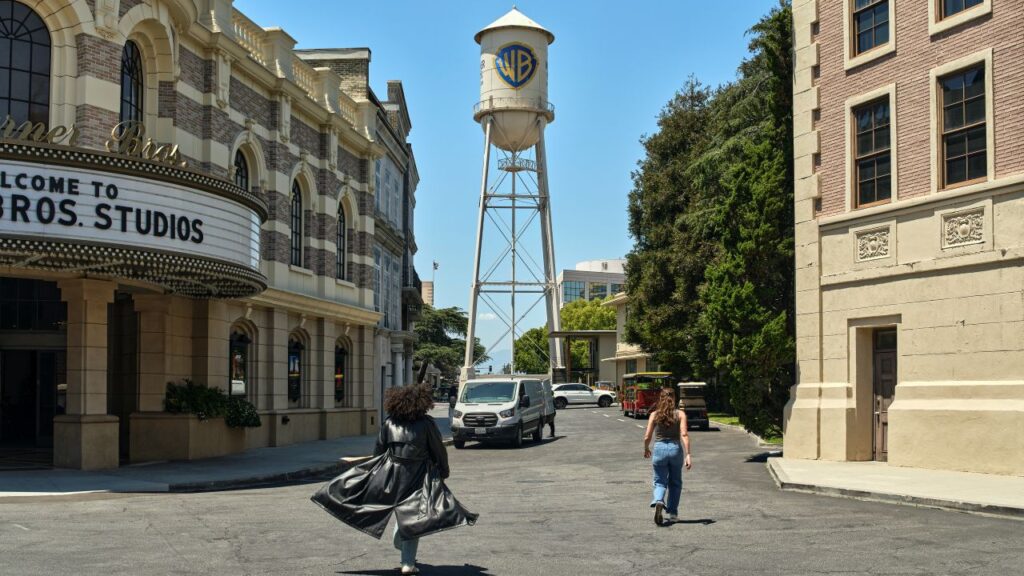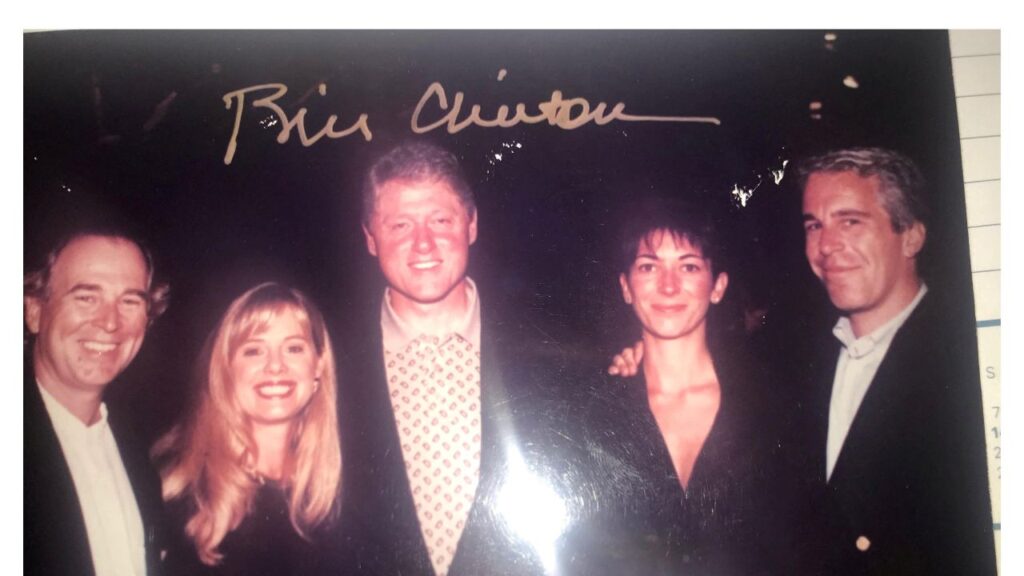City of Fresno wins $230 million from Dow Chemical Co. and Shell Oil for contaminating water wells with a chemical they hid inside a pesticide. (GV Wire Composite/Paul Marshall)

- Fresno won a $230 settlement from Dow Chemical, Shell Oil and other corporations, the largest of its kind.
- Shell and Dow disposed of excess TCP by hiding it in pesticides instead of properly handling it.
- Shell has paid out tens of millions of dollars to cities throughout California for tainted drinking water.
Share
|
Getting your Trinity Audio player ready...
|
In the largest known settlement of its kind, the city of Fresno won $230 million from the Dow Chemical Co. and Shell Oil for contaminating wells with a chemical they hid inside of a pesticide.

“This historic settlement now ensures the city will be able to return the contaminated wells back into service, I want to thank my legal team led by Mike Axline for their unwavering dedication to this difficult case for the last 16 years.” — Fresno City Attorney Andrew Janz
For decades, Dow and Shell put 1,2,3-Trichloropropane into nematocides, according to settlement terms acquired by GV Wire.
Though largely useless to kill nematodes, by the company’s own admission decades ago, TCP seeps into water supplies.
Settlement money has to be used to mitigate damage and clean up contaminated wells over the next 10 years.
“This historic settlement now ensures the city will be able to return the contaminated wells back into service,” said Fresno City Attorney Andrew Janz. “I want to thank my legal team led by Mike Axline for their unwavering dedication to this difficult case for the last 16 years.”
The lawsuit also named Occidental Chemical Company, Wilbur-Ellis Company, and Nutrien Ag Solutions.
Shell and Dow Hid TCP as ‘Unknown Ingredients’
TCP is a byproduct of many manufacturing processes. The chemical is a suspected carcinogen and has one of the lowest thresholds mandating treatment by the State Water Resources Control Board. Five parts-per-trillion is enough to trigger the maximum contaminant level for the agency.
To get rid of TCP, it needs to be incinerated or disposed of in a hazardous facility, but instead of spending the money to destroy it, Shell and Dow added it to their pesticides, specifically those to kill nematodes, according to Fresno’s lawsuit.
“TCP is an unnecessary ingredient because it has no effect on nematodes, has never been approved as an active ingredient in any nematocide, and is not a necessary part of the manufacturing of nematocides,” the lawsuit stated.
Companies went a step further and concealed the addition of TCP by labeling it as “unknown C3 ingredients,” Fresno’s legal representatives alleged. The attorneys additionally alleged that Shell and Dow knew or should have known putting the chemical into pesticides would result in contaminated aquifers.
One of Dow’s own scientists in 1959 wrote in a research paper that TCP did nothing to treat nematodes.
The chemical seeps into the soil and eventually groundwater, traveling long distances and appearing years later in public water supplies and drinking water wells.
The lawsuit identified more than 30 Fresno wells contaminated by the chemical.
Thus workers, farmers, and the general public were exposed to the chemical.

Clovis First to Win a TCP Lawsuit: Chemistry Magazine
Of 5,863 wells tested by the Water Board, 395 tested above the maximum allowable level of TCP, according to a 2017 study by the agency. Contaminated wells were concentrated in Fresno, Tulare, and Kern counties but spread up and down the Central Valley, even into the Los Angeles Basin and along the coast.
The first time a jury ruled in favor of a community in a TCP lawsuit was in Clovis. In 2017, that city won a $22 million fine, according to website Chemistry World. In Merced County, a jury awarded the city of Atwater $63 million in damages in 2019, according to KSEE 24.
Chino Hills got $33 million and began building a treatment plant design to remove TCP, according to the Chino Valley Champion.
RELATED TOPICS:
Categories

The Birth Rate Is Plunging. Why Some Say That’s a Good Thing



















